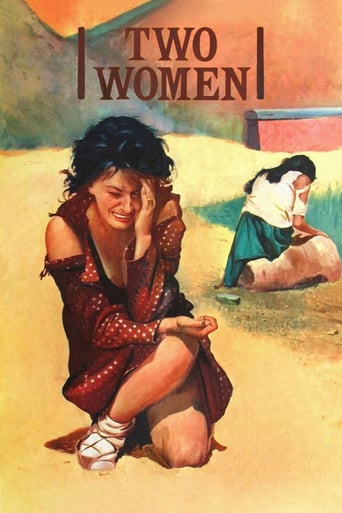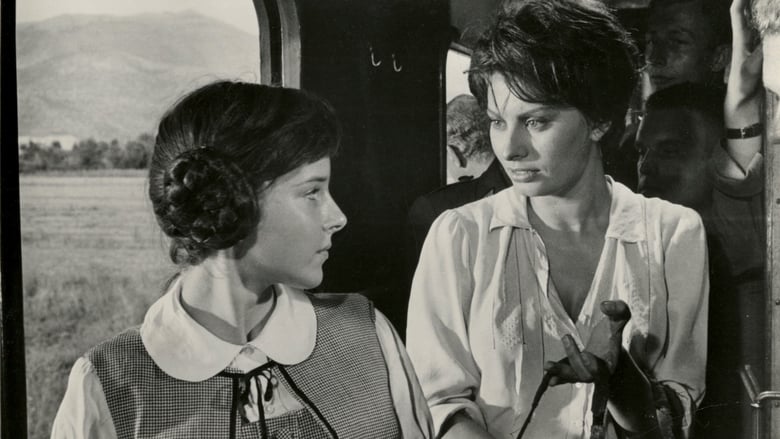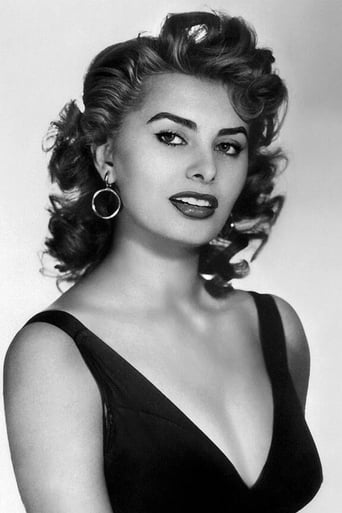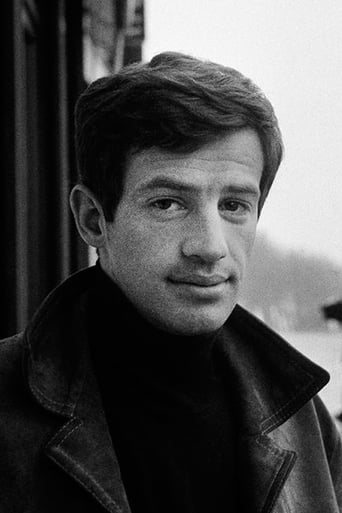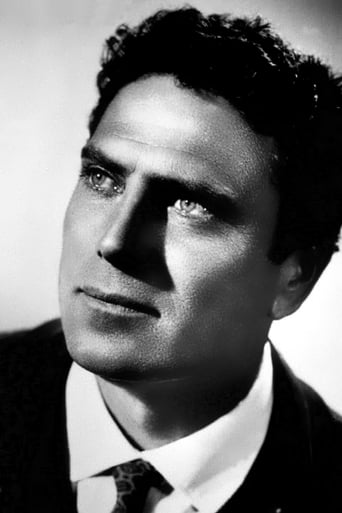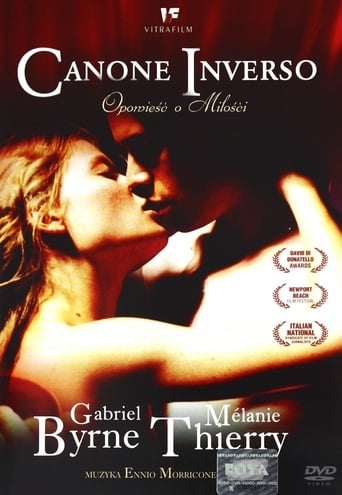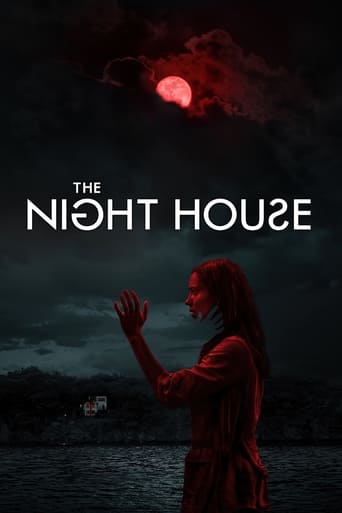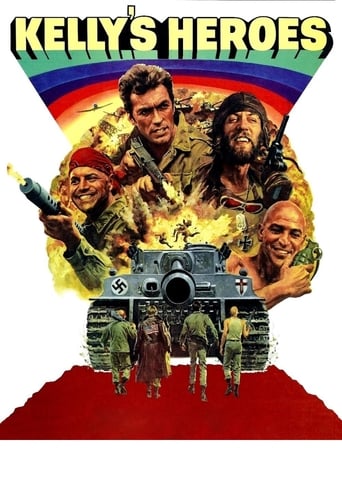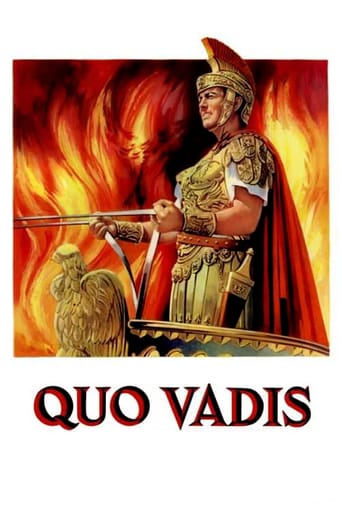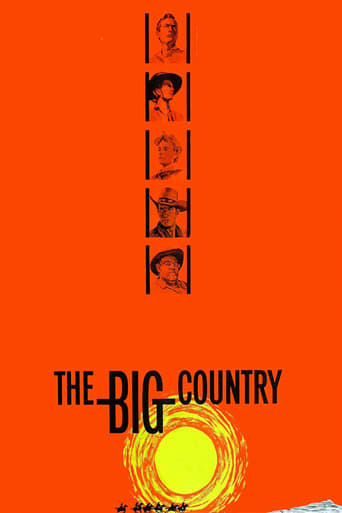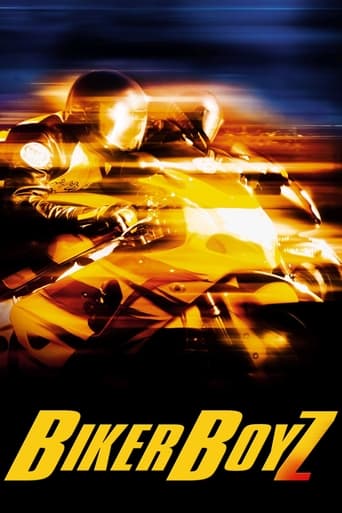Two Women (1961)
Widowed shopkeeper Cesira and her 13-year-old daughter Rosetta flee from the allied bombs in Rome during the second World War; they travel to the remote village where Cesira was born. During their journey and in the village and onward, the mother does everything she can to protect Rosetta. Meanwhile, a sensitive young intellectual, Michele, falls in love with Cesira.
Watch Trailer
Cast


Similar titles
Reviews
Powerful
The film creates a perfect balance between action and depth of basic needs, in the midst of an infertile atmosphere.
The film never slows down or bores, plunging from one harrowing sequence to the next.
One of the worst ways to make a cult movie is to set out to make a cult movie.
A gripping, weighty film, with an Italian women (Sophia Loren) and her 12-year-old daughter (Eleonora Brown) fleeing Rome towards the end of WWII. Director Vittorio De Sica is incredibly balanced in what was a highly charged subject: he shows Italians who had supported the fascists and Italians who were wealthy while the peasants around them starved, but most of all, he shows Italians simply trying to survive the end of the war. We see soldiers from England, Germany, America, Russia, and Morocco at various points in the film, with the woman and her child holed up with extended family in the hills, and then later trying to make their way back to Rome. It's fascinating to see this part of the war from the Italian perspective. What happens to the mother and her child in a bombed out church (perhaps a symbolic setting) is horrifying, but while the film has these dark elements, and people living under conditions of privation at a time when those around them were being killed randomly, it doesn't crush you with its darkness. I think that comes from the incredible strength in Loren's performance, which is wonderful. She is worthy of having won an Oscar for her performance, even with other nominees that year including Audrey Hepburn (Breakfast at Tiffany's) and Natalie Wood (Splendor in the Grass). Jean-Paul Belmondo is also excellent as an intellectual professor who seems to see the greater truth in the events that had befallen Italy, and who is often at odds with the peasants around him. De Sica is undoubtedly speaking directly to viewers when he has this character say that an alternate strategy on the part of the Allies would have led to fewer civilian deaths in the cities. He's not making excuses for his country, he's simply showing the very real tragedy of war. He does this throughout the movie with all the right touches, and shows the human spirit enduring despite it all. Great film.
Sophia Loren, aside from being one of the most sumptuously sexy women I have ever seen, proves herself here to be a tremendous actress. She has a melodramatic Italian flair that impassions her lovably aggressive character, a widowed shopkeeper in Rome during the Allied bombing in WWII, who flees with her beloved daughter to her impoverish mountainous native region. Throughout the story, she proves to be a strong woman, seasoned by pain and not having lost the fire and fight in her.Like many European films of its time, Two Women is all about the characters and the current on which they flow through the film, a realistic capsule of a time and place. Vittorio De Sica, who made the beautifully small-scale film The Bicycle Thief, which is about a relationship between father and son, forms a companion piece with Two Women, which is about a relationship between mother and daughter. He addresses strikingly the unbearable love between a parent and their child.Truly one of the greatest Italian films, this is an absorbing, emotional, modest journey with wonderful music; coarse, down-to-earth cinematography from the wonderful old days of gritty film prints and old school hands-on editing; incredible acting not only from Loren but from the young actress playing her daughter, who drastically transforms; and also from Jean- Paul Belmondo, who convincingly plays completely against type; and a beautifully emotional final shot. For those who feel detached from older foreign films, especially neo-realist, I have yet to see an Italian neo-realist film any more alive than this one!
Two Women is powerful not just simply for its final half hour, even if that is, arguably (and I'd argue on the side of "yes"), some of the best drama Vittorio De Sica and his screenwriter Cesar Zavatinni created. It's a view into lives that, at least at the time, didn't get much time on cinema screens. We understand that this young mother, Cesira (VERY well deserved Academy Award winner Sophia Loren), has a kind of hard protective shell of the fiery, strong woman that today might seem to verge on being something to expect in an Italian or Spanish drama, but here is meant to be just that- a shell to guard off from the wretched horrors of a war which repeatedly she asks "will it end soon?" She also has to be strong for her thirteen year old daughter Rosetta (Eleonora Brown, excellent even if not considering it's a first performance), who still has a little innocence and admiration for those who are more good-hearted, if not as resourceful.This type as mentioned is in Michel (Jean Paul Belmondo, a curiously low-key performance considering his big hype as a suave star in France), who is a resistance fighter that Cesira and Rosetta come across while traveling away from Rome during bombing raids. We see them (Michel and Cesira) getting close, maybe too close, though she recognizes in him one of the only vestiges of common sense and decency, even if in a slightly shrewd (or just practical) manner that she can't totally grasp. She's been through the war, right along with her daughter, and there's layers that Loren grasps that pierce through the character; De Sica knows that she's capable of reaching these very real dimensions even before she has to go full tilt into the tragedy of the rape scene in the church. Loren's absolutely stunning in her gorgeous beauty, but in a way that works to make a comment on how her character has to keep guarded as well. Sometimes a look is just enough to suggest something. Other times, men might get a little more forceful. There's suggestion beneath some of the bigger scenes, and Loren is fantastic at grabbing them for all their worth.From the start, De Sica and Zavattini set the tone: people walking on a street, suddenly the alarms sound, running, bombs drop. Should be business as usual, but it's still staggering for the mind to grasp. In a way, Cesira and Rosetta are in the midst of a kind of apocalyptic atmosphere, and we as the audience, even as we know where history will lead the characters, get wrapped up in the maelstrom of violence (one moment that's important is when the mother and daughter walk along a quiet road, a man on a bicycle passes, and a plane swoops down, shooting, the women duck, but the man is killed - the women look startled for just a moment, but hide it and go on their way) and with some political discourse thrown in from time to time as well (these might be the only weak spots of the film, but still very good scenes with a quick pace and sharp attention to mixing real actors and "non" actors, a slightly elevated neo-realism). And there are memorable scenes before that last half hour- just seeing the Germans appear up in front of the Italians, menacing in an almost surreal two-dimensional fashion, verbally abusive, taking bread. Scenes precede this, like a couple of brutes who threaten Cesira with a gun. But this one strikes it hard: a state of mind in war cripples the mind.Finally, they come to the abandoned church, and the infamous scene occurs (filmed with a very effective zoom lens on Rosetta's eyes at a crucial moment, a kind of approximate exclamation point). It's a very careful study in the disintegration of the human spirit at this point, and more than once, De Sica and his writer, as in times before, pull sincerely and harshly at the heart strings. This time, however, is like seeing a Lifetime TV movie as done by the most sincere dramatist, ready to gage the emotions just by presenting the devastation straight on, and enhancing a theme: the futility of escape in this environment. Rosetta can't stand that her mother didn't protect her more, she's almost shell-shocked, and after a tense scene riding back with an opera singing trucker (a small, great scene), she awakes at night to see she's run off with the trucker from before. She comes back, Cesira is furious, but not simply for that. A much greater tragedy has occurred, and it all comes crashing down. Even the most hardened and cynical moviegoer will be hard-pressed to hold back from crying as Loren brushes back her daughter's hair in the church, or tries to look away in the truck. And that final shot, however in sentiment as the final shots of Umberto D and Bicycle Thief, drive it on home like a dagger.One of the best films of 1960; a touching masterpiece in Italian cinema from one of the masters (if that's over-praising it much forgive me).
Italian shopkeeper Sophia Loren flees her war-ravaged city with her frail teenage daughter for a neighboring village to stay with relatives, but on the journey home, their lives are cruelly disrupted when the woman and her child are cornered by lusty soldiers. Loren's character is sensual and maybe loose, but she's never insensitive and one immediately feels a connection with her (and you can't take your eyes off her when she's on-screen). This is a perceptive drama, not so much a document on the horrors of war as it is a testament to the human condition, both good and bad, weak and strong. There are some lovely art-house flourishes and bits of humor dotting the script, but the film doesn't have a gripping, lasting impact, it doesn't stay with you or haunt you the way a timeless drama should. Loren passionately emotes and won a well-deserved Oscar, but the other performances are just serviceable; she dominates the proceedings. **1/2 from ****

